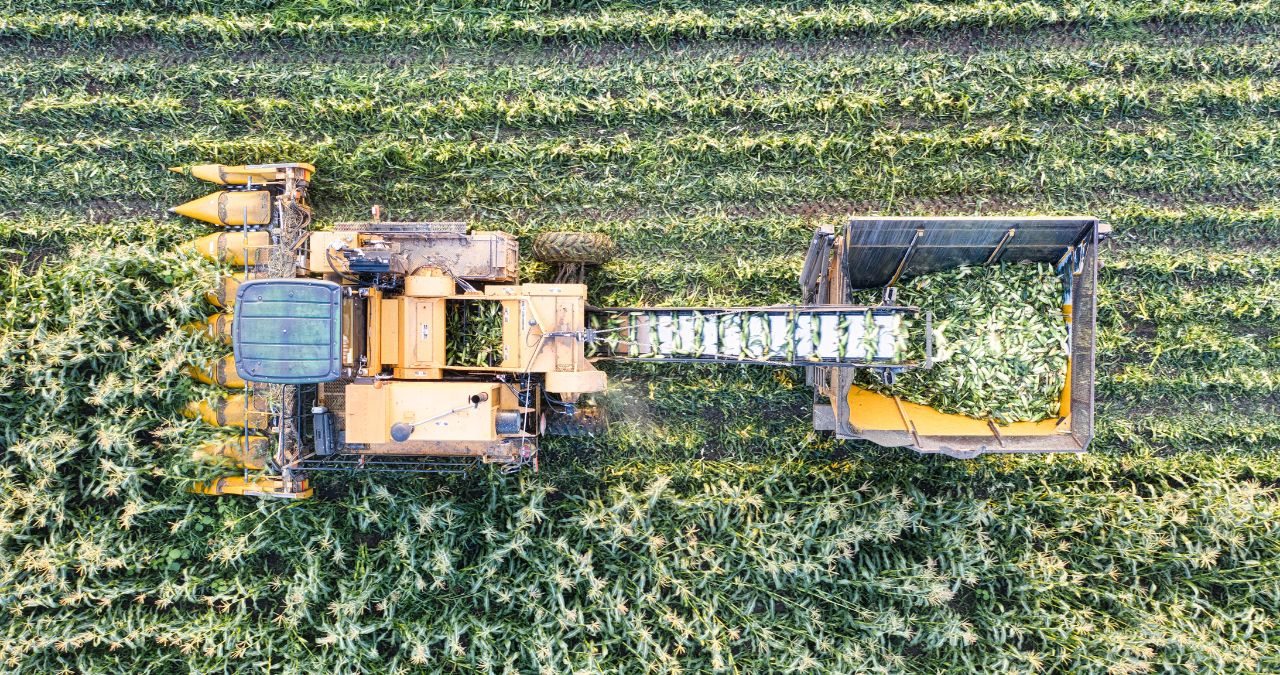A food mile is an estimated unit of calculation, though it could be a term that many people have never heard of before – even if you theoretically already understand the concept behind it! It impacts everyone, from the supply chain industry to the consumer on the other end of the line. In this article, we will uncover an example of a food mile and you will learn how food miles are calculated.
What is an Example of a Food Mile?
Here’s a quick guide that can tell you everything you should know about food miles, how they work, and the greater environmental impact.
What is a food mile?
Food miles determine the distance that food travels from its place of growth to the consumer’s location. This calculates the distance, with the results expressed as a financial figure or result.
The concept of a food mile is used to indicate the environmental impact, carbon footprint, or cost of transporting food from start to finish. This can indicate which products are more environmentally friendly, or how products can get closer to a ‘green’ rating.
The first usage of ‘food mile’
The term food mile was introduced by Professor Tim Lang, a professor of Food Policy. The term is still a new concept to many people in the industry, however, businesses and environmental organizations quickly adopted the phrase after defining it. Many immediately saw what a large impact the idea could have.
Although there have been other ways to measure the impact of logistics, the food mile is an effective way to show the impact of consumer goods and production. Relating this concept to different industries can benefit from reducing their carbon footprint.
Why do food miles matter?
Food miles matter for several good and important reasons. First, the impact it can have on the environment. Distance traveled, and how much carbon emissions this could leave is part of what a food mile can tell us.
Learning where adaptation or change is necessary has become a standard means of measurement for several industries.
Therefore, its measurement also matters for companies that aim to keep costs at a minimum while maximizing their intake. Companies have the challenge of staying environmentally friendly. This is where the concept of measuring your impact matters the most.
What is an example of a food mile?
Let’s explain the idea of a food mile with something simple, like grain. First, grain grown in one state is then transported to another for processing. Then, it is transported to its final destination. Lastly, this is where consumers can buy the product and put it on their table. The entire distance counts as a food mile.
- How much does this one product cost to transport?
- What is the larger environmental impact that the transportation of this product could have?
This is why food miles are measured, and why they can be important.
Environmental Impact of Food Transport
The amount of money that something costs isn’t the only thing measured, but also how much it could cost the environment. Companies take into consideration their carbon footprint, and what could be done to reduce this. For example, the total cost and its impact on the local environment.
Companies who care about the food mile, care about their carbon footprint. In this case, successful companies can offer guaranteed green stocks to their investors, giving them an extra advantage. Environmental friendliness goes a long way these days.
Do consumers care?
Yes, consumers today have become more focused on what companies are doing to negate environmental impacts. If you want to make a difference, start with measuring your food miles.
Reduced Carbon Footprint
Overall, supporting local food systems requires less transportation compared to goods that are shipped long distances. The result is a lower carbon footprint associated with the transportation of food.
Transporting food over long distances and different modes of transport involves the use of fossil fuels. This contributes to greenhouse gas emissions. By buying locally sourced food, you support a more sustainable and environmentally friendly distribution system.
Cannonball Express Transportation
Cannonball Express Shipping Company has been providing top-of-the-line service at a reasonable rate. Based in Omaha, Nebraska, we provide nationwide refrigerated LTL services, as well as, local delivery services. Contact us today!
Nationwide Shipping Company Services:
- Refrigerated LTL deliveries in the lower 48 states
- Refrigerated Cross dock
Local Shipping Company Services:
-
- Redelivery Services
- Truckload & LTL Capabilities
- PUP
- Cross dock
- Transload
- Warehouse and Distribution capabilities from multiple Omaha Locations

